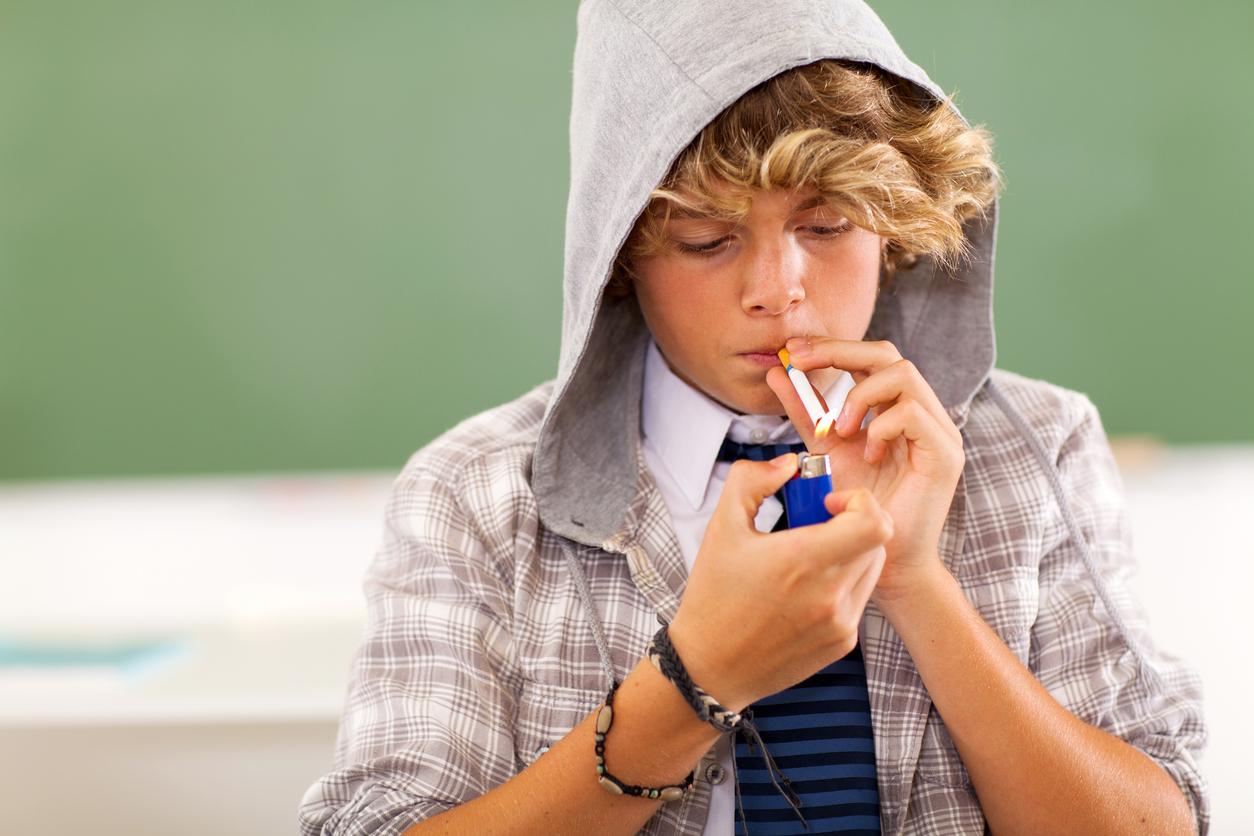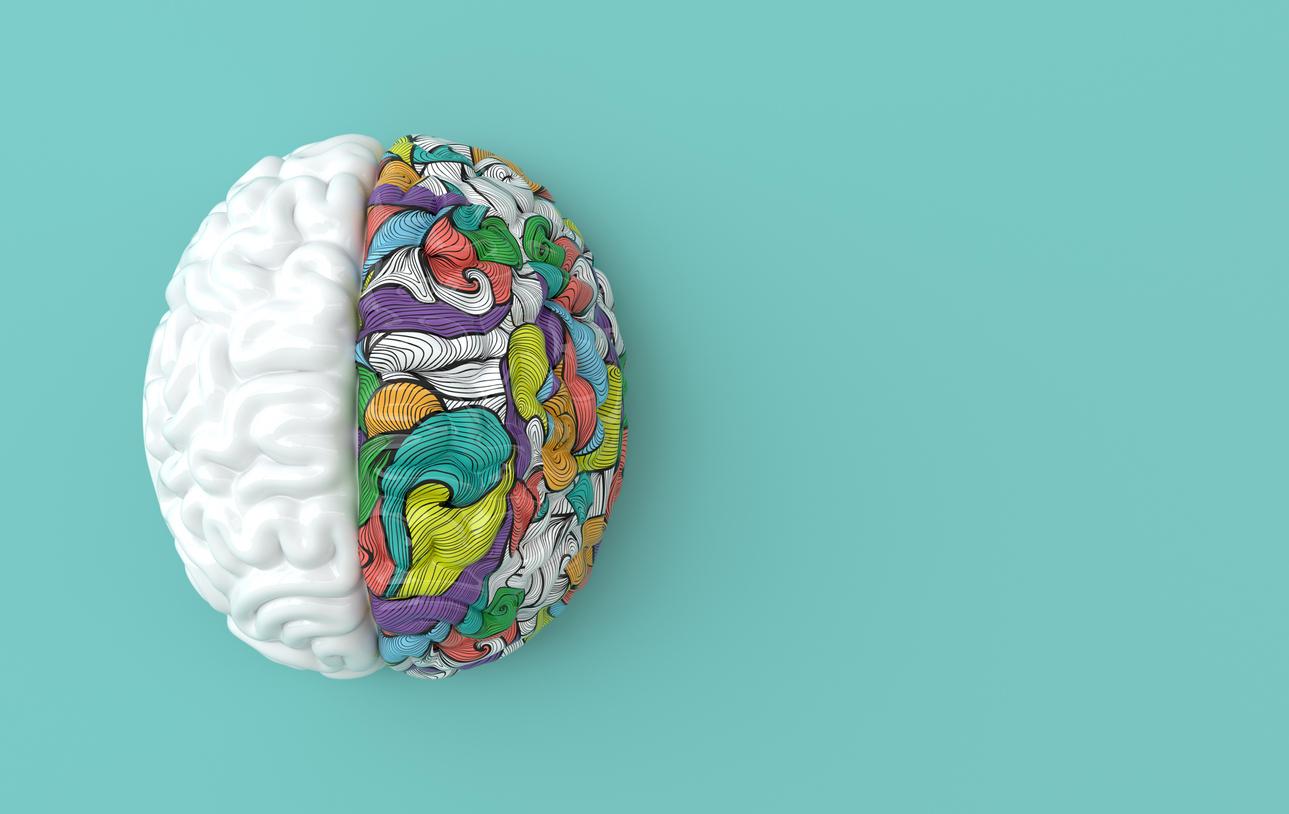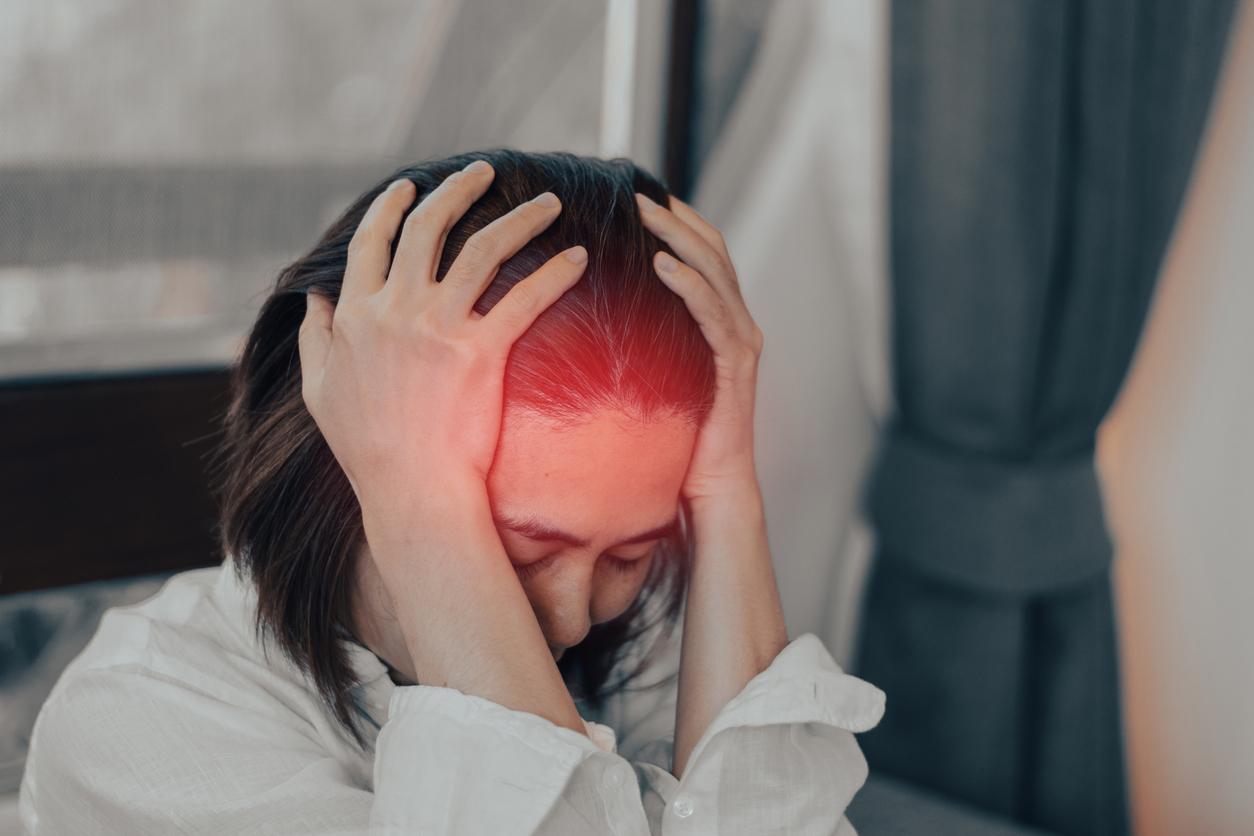Adolescence, a time of great upheaval, is often synonymous with worries and uncertainties. Among these difficulties, social anxiety stands out as a real scourge for many young people.

- Social anxiety in adolescents manifests itself as an intense fear of social situations, which can lead to isolation and relationship difficulties.
- The causes are multiple and complex, combining biological, psychological and environmental factors.
- It is essential to detect this disorder early in order to provide appropriate support and enable adolescents to develop better self-esteem and regain self-confidence.
Social anxiety, or social phobia, manifests itself in adolescents by an excessive and persistent fear of social situations. The young people concerned fear being judged, humiliated or rejected by others. These apprehensions can lead them to avoid social interactions, making them socially isolated. A growing phenomenon
Manifestations of social anxiety are varied and may include:
• Physical symptoms : blushing, sweating, trembling, palpitations, difficulty breathing.
• Psychological symptoms : fear of speaking in public, of being the center of attention, of meeting new people, of eating or drinking in front of others.
• Avoidance behaviors : refusal to participate in social activities, social isolation, difficulty making friends.
Social anxiety: biological, psychological or environmental causes
The causes of social anxiety are multiple and complex. They can be biological, psychological or environmental. Among the factors that can promote the onset of this anxiety, we find:
• Genetics : A family predisposition may increase the risk of developing social anxiety.
• The environment : An overprotective or, conversely, overly demanding family environment can promote the development of low self-esteem and a fear of failure.
• Past experiences : Traumatic or humiliating experiences can leave lasting scars and reinforce the fear of social judgment.
• Hormonal changes : The hormonal upheavals of adolescence can heighten sensitivity to emotions and promote anxiety.
Significant consequences for health and education
If social anxiety is not addressed, it can have significant consequences on an adolescent’s development. It can lead to:
• School difficulties : Anxious teens may have difficulty concentrating in class, participating in activities, and relating to peers.
• Health problems : Chronic anxiety can contribute to the onset of physical disorders such as headaches, sleep disturbances or digestive problems.
• Increased risk of depression : Social isolation and feelings of inadequacy can increase the risk of developing depression.

How to support an anxious teenager?
Supporting a teenager suffering from social anxiety requires a global approach, involving different stakeholders:
• Family support : Parents play a vital role in creating a safe environment and encouraging their child to seek professional advice.
• Therapeutic care : Cognitive behavioral therapies are particularly effective in treating social anxiety. They allow the adolescent to identify and modify his negative thoughts and to acquire social skills.
• Academic support : Teachers can implement appropriate teaching strategies to help adolescents overcome their difficulties in class.
Social anxiety in adolescents is a mental health problem that should not be underestimated. By detecting the signs of this disorder early and putting in place appropriate support, it is possible to help young people overcome their difficulties and regain a fulfilling social life. Do not hesitate to consult a health professional if you think your teenager could be affected.
















